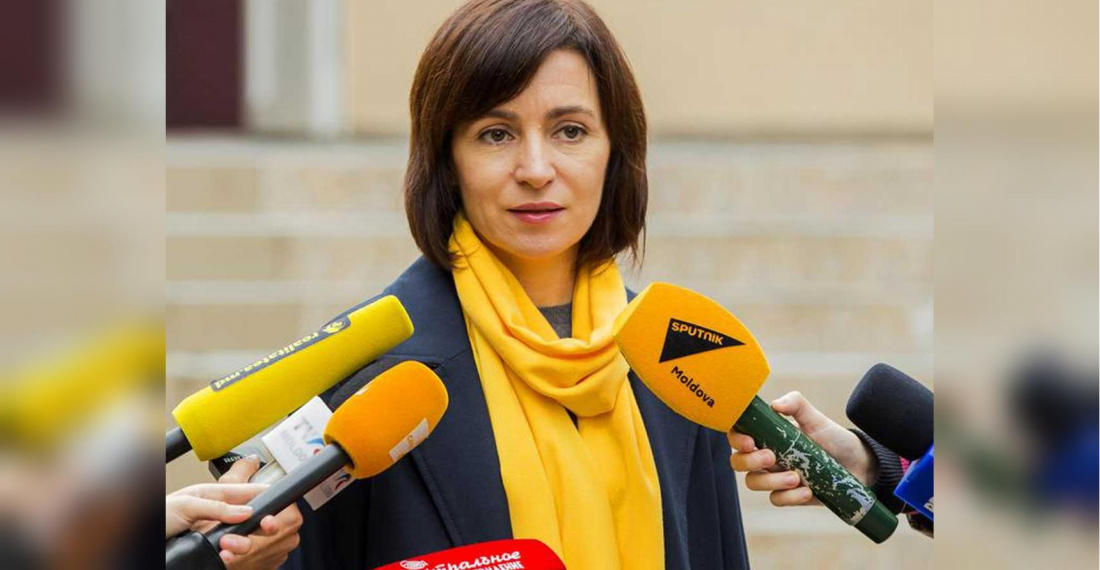Moldovan President Maia Sandu has dissolved the country's parliament and called snap elections for July 11, shortly after the Constitutional Court canceled a state of emergency that lawmakers had approved.
"The Constitutional Court has opened the way for Moldovan citizens to elect a new parliament," Sandu told a televised briefing.
The state of emergency, which was declared last month to help fight a surge in COVID-19 infections, had prevented Sandu from calling an election.
On Friday (23 April), the members of the Parliament of Moldova from the Party of the Socialists, the Shor Party and For Moldova group voted no confidence in three Constitutional Court judges, declared the appointment of Constitutional Court judge Domnica Manole two-years ago invalid, and did not recognise the Constitutional Court’s decision of 15 April 2021 regarding the conditions for dissolution of Parliament. Sandu has, however, moved to maintain the constitutional order which provides for a separation of power between the legislative and the judicial branches
The EU and the US over the weekend expressed concern at attempts by some elements in the Moldovan parliament to disrupt the constitutional order.
Read more: Putin's allies in desperate attempt to disrupt the constitutional order in Moldova
source: commonspace.eu with agencies.
photo: Moldovan president Maia Sandu (archive picture)






